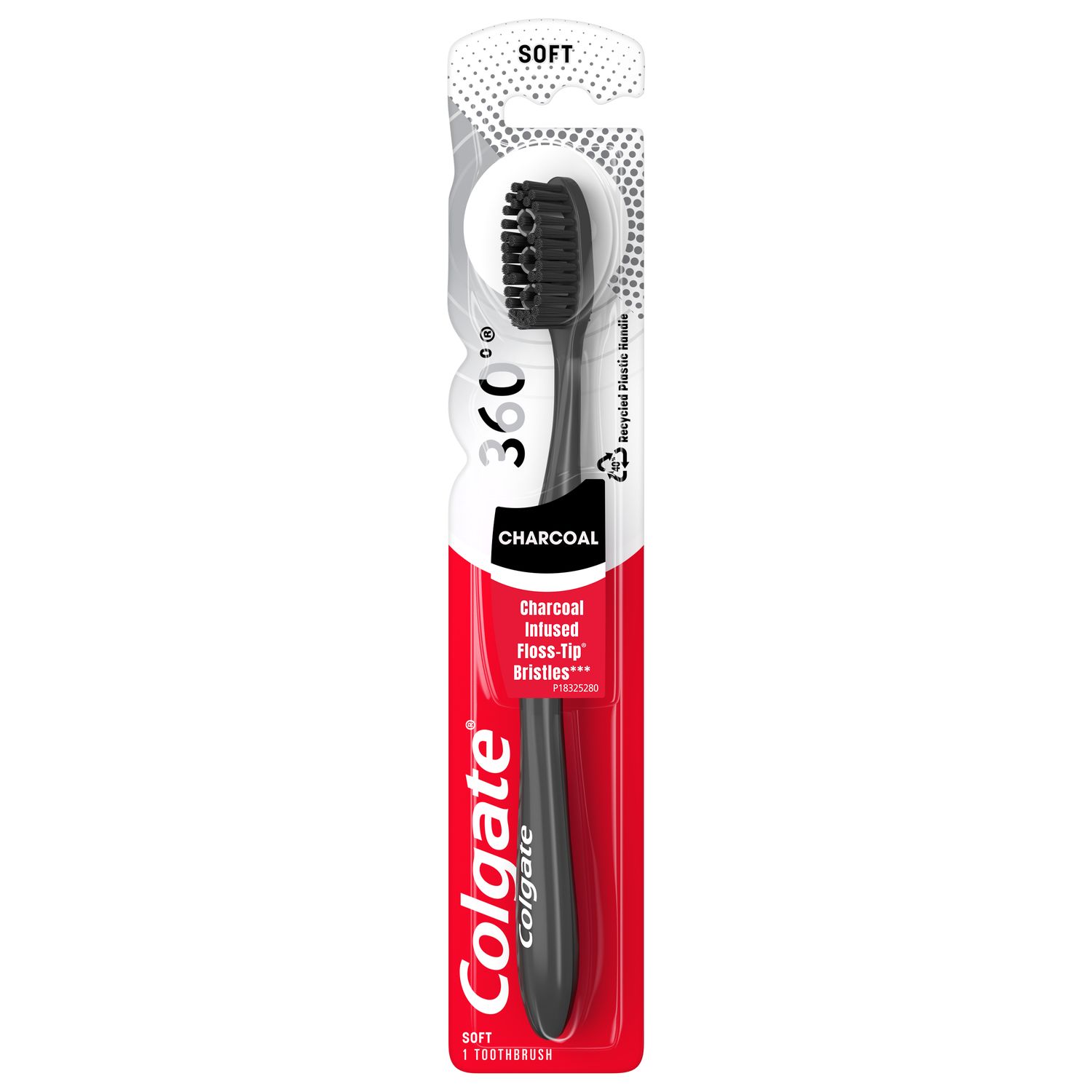-
-

FLUORIDE
What Is Stannous Fluoride Toothpaste?Discover what is Stannous Fluoride Toothpaste and its importance to prevent cavities and other oral health problems.

TEETH WHITENING
Whitening toothpaste - hydrogen peroxide vs. carbamide peroxideIf you lose one or more of your front teeth due to injury or decay, you may feel ...
-
Science & InnovationOral Health Commitment
- Oral Health Commitment
- Bright Smiles, Bright Futures
- Educational Resources
- Mobile Dental Van
- Volunteer
- ORAL HEALTH CHECK
- PRODUCT MATCH
- Oral Health and Dental Care | Colgate®
- Oral Health
- Is A Tooth Extraction During Pregnancy Safe?


Pregnancy changes your mouth. When you're pregnant, changes in your hormone levels can increase your chance of developing gum disease and other dental concerns. For that reason, it's always a good idea to stay in regular contact with and to schedule regular cleanings and exams with your dentist when pregnant.
Routine dental work is one thing. But, can you safely undergo a tooth extraction during pregnancy? The answer, as far as the American Dental Association and other health agencies are concerned, is yes.
Outdated Thinking
One reason why many people are concerned about tooth extraction when a woman is pregnant has to do with outdated thinking on the subject of providing dental care to pregnant women. As The New York Times points out, many dentists used to be taught that it wasn't safe to treat women who were pregnant and would refuse treatment to women who needed it, no matter how severe the dental problem became.
Local Anesthesia and Other Safe Treatments
Local anesthesia might be all well and good for the baby during a tooth extraction, but what about more intense forms of anesthesia, such as IV sedation or general anesthesia? Generally speaking, it's advised that women avoid sedation and general anesthesia during pregnancy, although the National Maternal and Child Oral Health Resource Center notes that some types of sedation or general anesthesia may be used, in consultation with a prenatal care health practitioner.
When Should You Have the Tooth Pulled?
When it comes to a tooth extraction during pregnancy, timing is important. The American Pregnancy Association recommends having necessary dental work performed in the second trimester and postponing any non-essential treatments until after delivery.
By the time you get to the third trimester, you might find it very uncomfortable to lie back or recline while having the tooth pulled. You can also have dental work performed in the first trimester, and the pregnancies examined in JADA's study all received local anesthesia during the first trimester.
Of course, if you are having a true dental emergency and the tooth needs to come out ASAP, it doesn't matter which trimester you are in. Removing an infected or otherwise severely damaged tooth as soon as possible is better for you and the baby than leaving it to fester in the mouth.
Whether it's having a tooth pulled, a root canal or just a routine cleaning, it's important for your health and the health of your baby not to ignore your teeth and gums during pregnancy. If it's been a while since you've seen your dentist, make an appointment today. While you're at it, don't forget to practice great oral care to keep your teeth and gums clean between appointments.
Oral Care Center articles are reviewed by an oral health medical professional. This information is for educational purposes only. This content is not intended to be a substitute for professional medical advice, diagnosis or treatment. Always seek the advice of your dentist, physician or other qualified healthcare provider.
Related Articles

Oral care during pregnancy
Is A Tooth Extraction During Pregnancy Safe?Can you safely undergo a tooth extraction during pregnancy? The answer, as far as medical professionals are concerned, is yes. Learn more, here.

Oral care during pregnancy
Bleeding Gums During Pregnancy: Should You Worry?Chances are good that, during your pregnancy, you will experience a myriad of symptoms you have never had before. Bleeding gums is one such condition.

Oral care during pregnancy
4 Things To Know About Oral Health & PregnancyWhat are the top 4 things you should know about oral health & pregnancy? Click here to find out with this article on oral health and pregnancy with Colgate.

Oral care during pregnancy
What Red Gum Color Can Mean for WomenWomen are likely to notice a red gum color and other symptoms of gum disease at certain times in their lives. Find out more about what red gums can mean.
Related Products

Colgate 360 Floss Tip Replaceable Head Toothbrush Starter Kit, 2 Brush Heads and Metal Handle

The Colgate 360 Floss Tip Sonic Refill Pack comes with two replaceable brush heads. The compact brush head includes Floss Tip† bristles and polishing cups to remove surface stains, and a cheek & tongue cleaner that removes odor-causing bacteria. †does not replace flossing

Colgate® 360® charcoal-infused bristles cleans 2x deeper along the gum line than flat trim toothbrushes.

The Colgate 360 Vibrate Gum Health Toothbrush combines the power of a battery toothbrush with the familiarity of a manual toothbrush head for a refreshing teeth cleaning experience. This full mouth vibrating toothbrush uses soft Floss Tip bristles* to clean between teeth.
The adult toothbrush is perfect for travel because it’s battery powered, so it can be used wherever you go (1 AAA battery included).

Helping dental professionals
More professionals across the world trust Colgate. Find resources, products, and information to give your patients a healthier future




